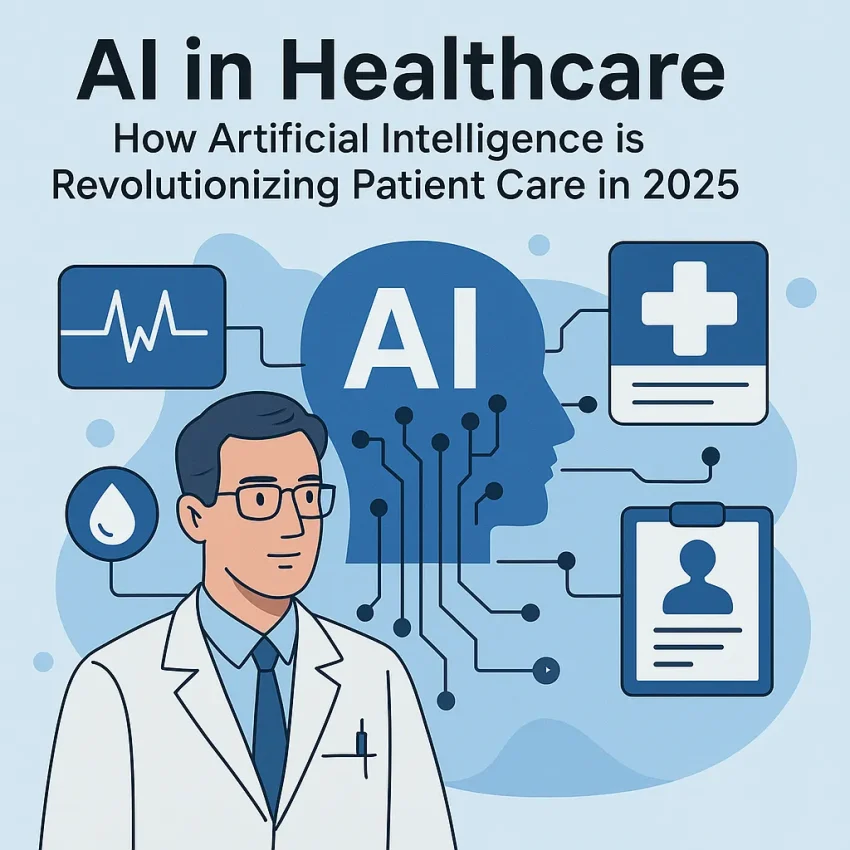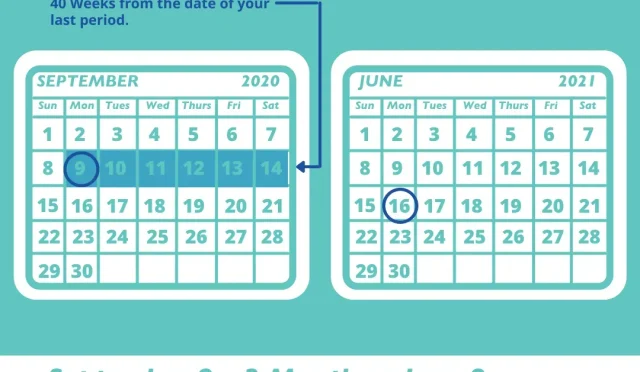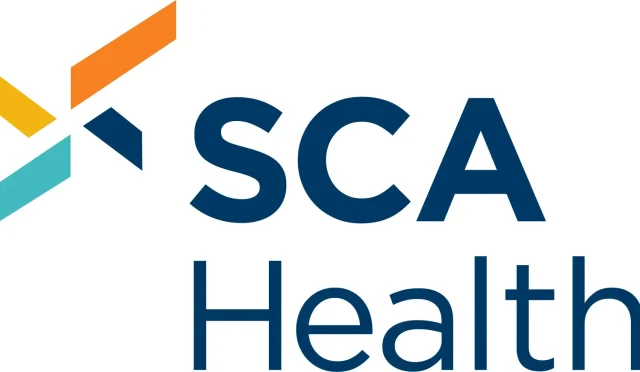AI in Healthcare: How Artificial Intelligence is Revolutionizing Patient Care in 2025
Introduction: A New Frontier in Modern Medicine
In 2025, the healthcare industry is experiencing a digital revolution — and at the center of it is AI in healthcare. Artificial intelligence is no longer a future fantasy. It’s already transforming diagnostics, improving patient outcomes, reducing costs, and reshaping how healthcare professionals operate.
This in-depth guide explores how AI in healthcare is impacting every level of the medical ecosystem — from hospital management systems to personalized treatment plans — and what it means for patients, providers, and the future of medicine.
H2: What is AI in Healthcare?
AI in healthcare refers to the use of machine learning algorithms, deep learning, natural language processing, and robotics to support and automate clinical and operational processes. It enables computers to analyze vast datasets and make decisions — sometimes even faster and more accurately than humans.
Key Areas of Impact:
-
Disease detection and diagnostics
-
Medical imaging
-
Virtual health assistants
-
Drug development
-
Remote patient monitoring
-
Robotic surgery
H2: Why AI Matters in 2025
The global healthcare landscape is under pressure. Aging populations, rising chronic disease rates, staff shortages, and growing patient demand are stretching systems thin. AI in healthcare offers scalable solutions:
✅ Efficiency:
AI reduces time-consuming tasks like data entry, appointment scheduling, and triage.
✅ Accuracy:
AI-powered tools assist radiologists, pathologists, and general practitioners in making faster and more accurate diagnoses.
✅ Accessibility:
Virtual health bots and remote diagnostics bring quality care to underserved or rural populations.
H2: Real-World Applications of AI in Healthcare (2025)
1. AI-Powered Diagnostics
Tools like Google’s DeepMind and IBM’s Watson Health can now analyze X-rays, MRIs, and CT scans with near-perfect precision. These tools help detect:
-
Lung cancer
-
Breast cancer
-
Diabetic retinopathy
-
Alzheimer’s disease
2. Virtual Health Assistants
Patients now interact with AI-based chatbots like Ada Health or Buoy to get symptom checks, medication reminders, or even book appointments.
3. Personalized Treatment Plans
AI analyzes patient genetics, lifestyle, and medical history to generate tailored care pathways. This is especially impactful in oncology and rare disease treatment.
4. Predictive Analytics
Hospitals use AI to predict:
-
Patient readmissions
-
Disease outbreaks
-
ICU needs
-
Medication responses
This allows better planning and resource allocation.
H2: AI in Robotics and Surgery
Robotic-assisted surgery, guided by AI precision, is gaining momentum. Systems like da Vinci Surgical System use AI to:
-
Enhance hand stability
-
Reduce tissue trauma
-
Shorten recovery time
AI-controlled robots can now even assist in complex surgeries like spinal fusion or neurosurgery with minimal human intervention.
H2: How AI is Used in Drug Discovery
AI speeds up the drug discovery timeline from years to months. In 2025:
-
Pharma companies use AI to identify new molecules
-
Simulations test reactions before lab trials
-
AI predicts how patients will respond to treatments
The result? Safer, faster, and cheaper medicines entering the market.
H2: Wearables and Remote Monitoring
Devices like Apple Watch Series X, Fitbit Pro, and Oura Ring 4 are now embedded with AI to:
-
Detect heart irregularities
-
Track sleep and stress levels
-
Alert doctors in emergencies
-
Monitor chronic conditions remotely
This gives patients real-time insights and providers actionable data.
H2: The Ethical Side of AI in Healthcare
While AI in healthcare brings innovation, it also raises ethical questions:
🔐 Data Privacy
Handling sensitive patient data requires robust encryption and clear data ownership policies.
⚖️ Bias in Algorithms
If trained on non-diverse datasets, AI may produce biased outcomes, affecting diagnosis or care quality.
👥 Human Oversight
AI must augment — not replace — human clinicians. Critical decisions should always involve qualified healthcare providers.
H2: Benefits of AI in Healthcare for Patients
| Benefit | Description |
|---|---|
| Faster Diagnoses | Immediate image analysis and lab results |
| Better Access | Remote consultations and 24/7 AI chatbots |
| Personalized Care | Treatment plans tailored to each patient |
| Lower Costs | Automation reduces administrative expenses |
| Continuous Monitoring | Round-the-clock health tracking via wearables |
H2: Global Adoption of AI in Healthcare (2025)
| Country | Key AI Focus | Notable Systems |
|---|---|---|
| USA | Oncology, triage | IBM Watson, Tempus |
| UK | Predictive analytics | NHS AI labs |
| Germany | Imaging diagnostics | Siemens Healthineers AI |
| Japan | Robotics in surgery | Cyberdyne HAL |
| India | Rural accessibility | eSanjeevani, AI triage bots |
H2: AI Healthcare Startups to Watch in 2025
-
PathAI – Pathology diagnostics
-
Butterfly Network – AI-powered ultrasound
-
Tempus – Cancer genomics and personalized care
-
Babylon Health – AI consultations and health tracking
-
Corti – Real-time voice assistance for emergency services
These startups are raising millions and disrupting old healthcare models.
H2: Challenges for AI in Healthcare Going Forward
-
Integration with outdated hospital systems
-
Regulatory approvals and medical ethics
-
Patient trust in automated systems
-
Shortage of AI-skilled medical professionals
Overcoming these hurdles is key to scaling AI in healthcare globally.
Conclusion: The Future is Smarter, Faster, and Healthier
AI in healthcare is no longer theoretical. It’s already saving lives, streamlining operations, and making medicine more human by handling the inhuman workloads.
As 2025 progresses, patients and healthcare providers alike are embracing AI as a trusted partner — one that’s fast, precise, and always learning.
If you’re in the medical field, now is the time to adopt. If you’re a patient, expect better care, smarter tools, and more connected experiences.
Hashtags:#AIinHealthcare #HealthTech2025 #DigitalHealth #MedicalAI #FutureOfMedicine #AIDiagnostics #RemoteMonitoring








